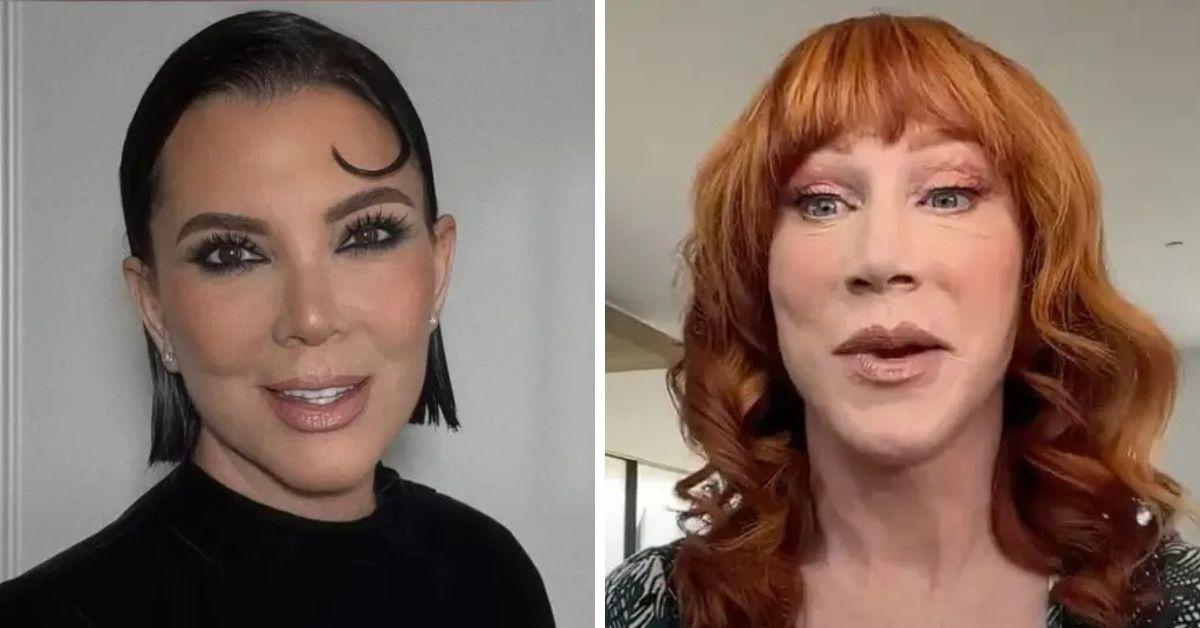Surviving Depression and The Celebrities Who Talk About It
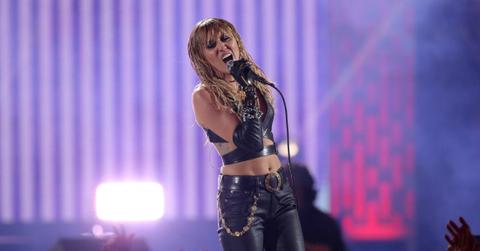
March 26 2020, Published 1:49 p.m. ET
Mental illness is far more common than many people think. It impacts at least 40 million adults in the U.S. alone — that’s 18.1% of the population. But it's also estimated that two-thirds of depression cases in the U.S. are undiagnosed. That’s why it is so helpful for everyone to talk about it, including celebrities.
MORE: Justin Bieber's Mental Health Issues Hit Him 'Like A Tornado'
Many stars like Adele, Miley Cyrus and Beyoncé have used their platforms to talk openly about their bouts with depression. Their strength in addressing the topic is helping millions of people around the world.
MORE: SECRET ILLNESS! JAMES MIDDLETON REVEALS DESPERATE BATTLE WITH DEPRESSION
Chrissy Teigen has opened up about postpartum depression, and Kerry Washington has discussed how the pressures of fame have affected her depression. Take a look at the gallery to see which stars are bravely and boldly dealing with depression.
Adele
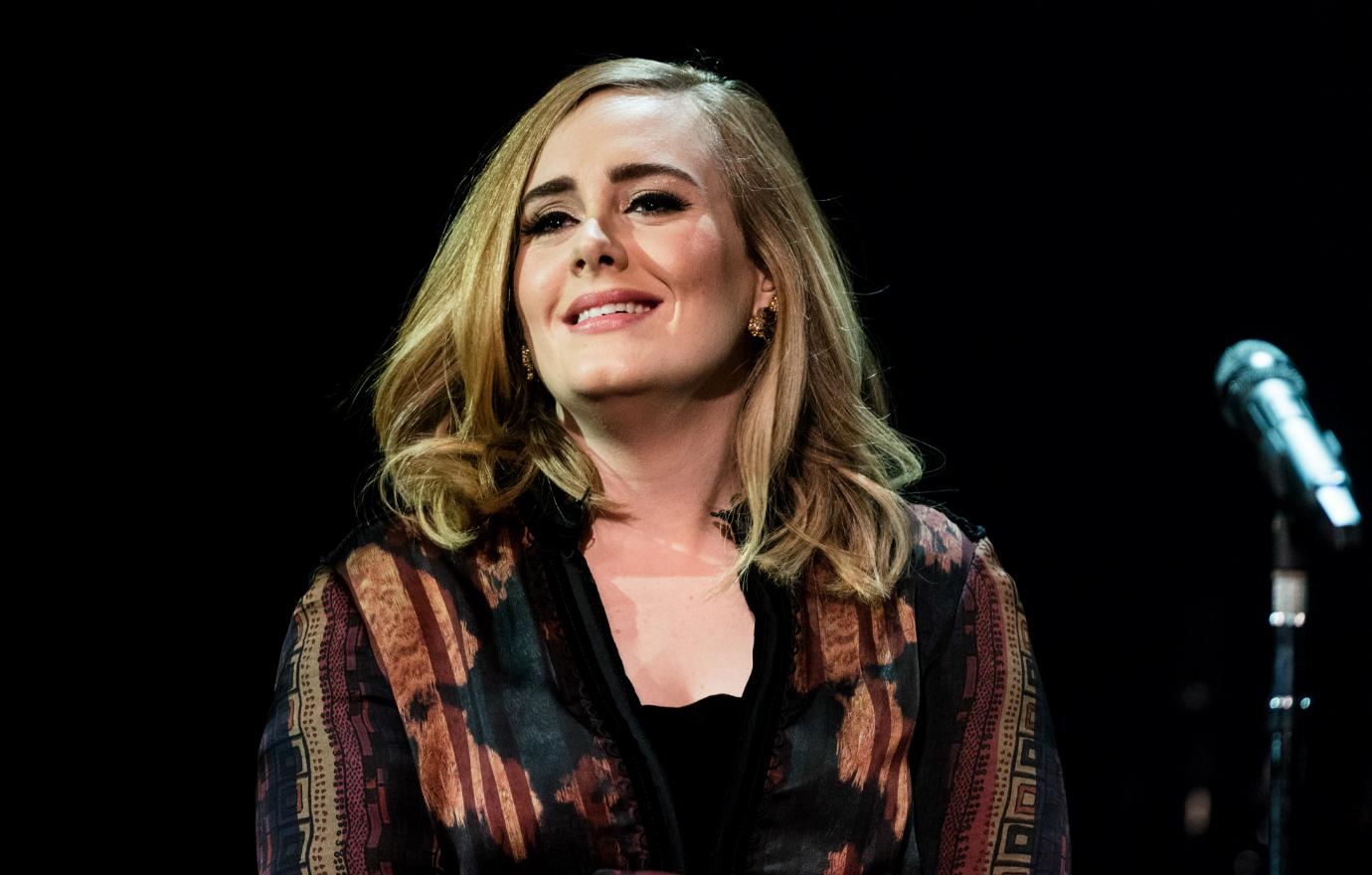
Britain’s hottest singing export, Adele, suffered from postpartum depression after having her son Angelo in 2012, and she opened up about her experience in an interview with Vanity Fair. After giving birth, Adele said she was inundated with feelings of inadequacy as a mother. "My knowledge of postpartum — or post-natal, as we call it in England — is that you don't want to be with your child," Adele said. "You're worried you might hurt your child; you're worried you weren't doing a good job."
What made Adele's postpartum depression even more difficult was that she was uncomfortable asking for help. “I didn't talk to anyone about it. I was very reluctant ... Four of my friends felt the same way I did, and everyone was too embarrassed to talk about it," she said.
But Adele bravely speaking about it meant many more women could too.
Miley Cyrus
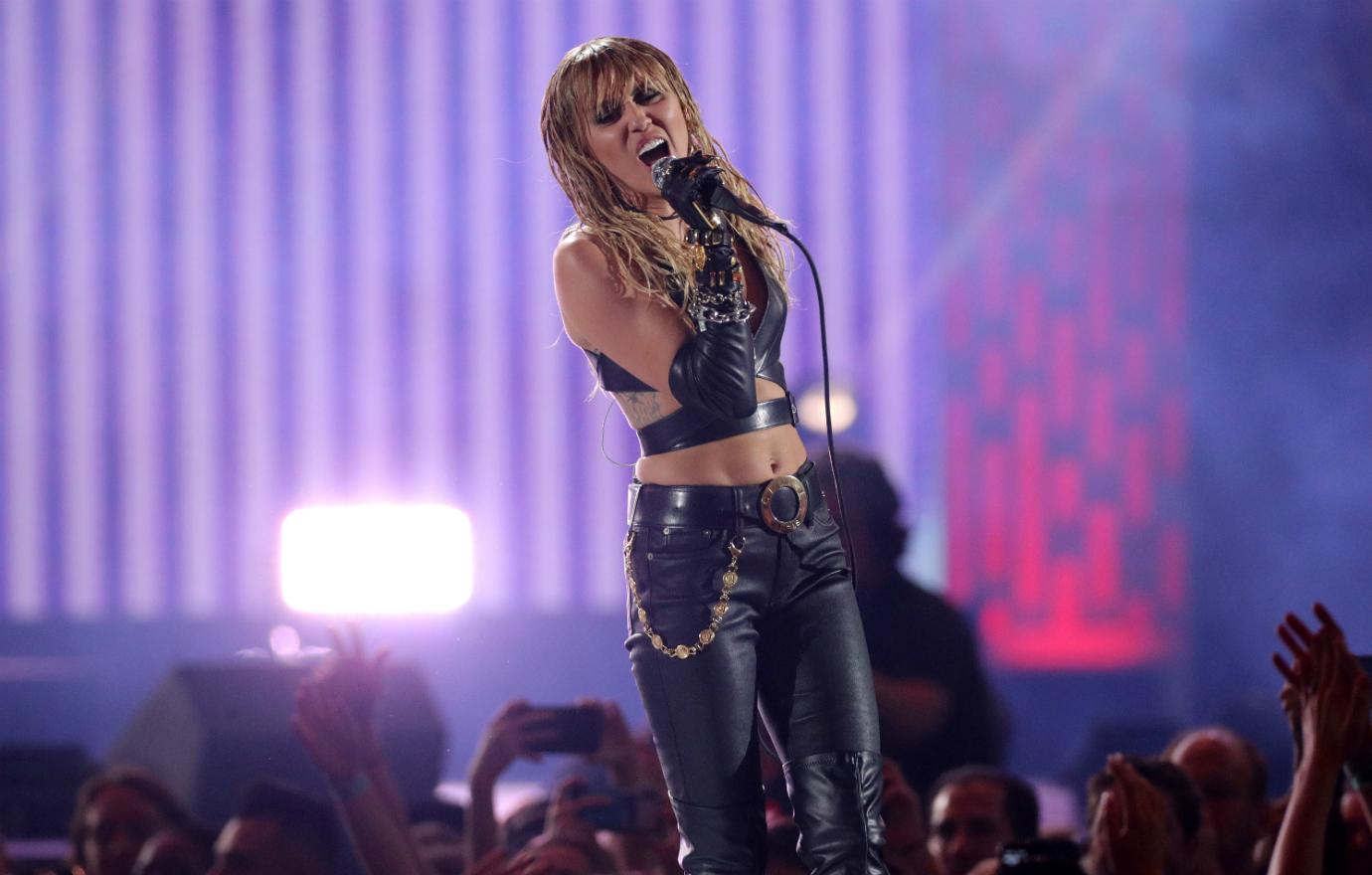
The singing and swinging Miley Cyrus has been open about her depression. She discussed it in an 2014 interview with Elle. “I went through a time where I was really depressed. Like, I locked myself in my room and my dad had to break my door down," she said.
Cyrus encouraged people who struggle with depression to seek help, both in the form of talk therapy and medication. "And every person can benefit from talking to somebody," she continued. "I'm the most anti-medication person, but some people need medicine, and there was a time where I needed some too."
Since opening up about her depression, Cyrus says her fans have approached her to thank her and to say that her openness has encouraged them to seek help for their own mental health.
Prince Harry

In recent years, Prince Harry has been known for bucking the traditions of the Royal Family. But a few years before he renounced his title and moved to Canada with his wife, Meghan Markle, Harry broke from convention in a different way, by discussing his struggles with mental health.
In a 2017 interview with The Telegraph, Harry discussed his 20 year struggle with depression that started with the loss of his mother, "I can safely say that losing my mum at the age of 12 and therefore shutting down all of my emotions for the last 20 years has had a quite serious effect on not only my personal life but also my work as well," he said. "I have probably been very close to a complete breakdown on numerous occasions."
Harry eventually sought the help of both professionals and his brother, Prince William, and was able to process his feelings. It's still an ongoing process, but Harry hoped that by opening up he would encourage future generations to de-stigmatize mental health.
Since the interview, Harry became an ambassador for the British mental health initiative Heads Together. In 2020, Harry said that his decision to revoke his title along with Markle was partly due to his concern about the effect being a member of the royal family was having on his mental health.
Chrissy Teigen

Chrissy Teigen's fans love her because she's honest about the day-to-day realities of being a famous and of being a parent. So when she penned an essay for a 2017 issue of Glamour, she wasn't shy about discussing her mental health. When she and her husband, John Legend, were having their first child, Luna, Teigen struggled with both postpartum depression and anxiety.
Teigen returned to work on Lip Sync Battle four months after Luna was born, but she found that everything had changed. She was experiencing constant pain, loss of appetite, irritability and had lost interest in her career. When she wasn't working, she rarely left her house.
Finally, Teigen and Legend went to their doctor. "I was so tired of being in pain," she said. "Of sleeping on the couch. Of waking up throughout the night. Of throwing up. Of taking things out on the wrong people. Of not enjoying life. Of not seeing my friends. Of not having the energy to take my baby for a stroll."
Postpartum depression affects one in nine women, according to the Centers for Disease Control. But like many postpartum depression sufferers, Teigen says the most difficult part was talking about it. “I have all the help I could need: John, my mother (who lives with us), a nanny," she said. "But postpartum does not discriminate. I couldn't control it. And that's part of the reason it took me so long to speak up: I felt selfish, icky, and weird saying aloud that I'm struggling. Sometimes I still do."
Beyoncé
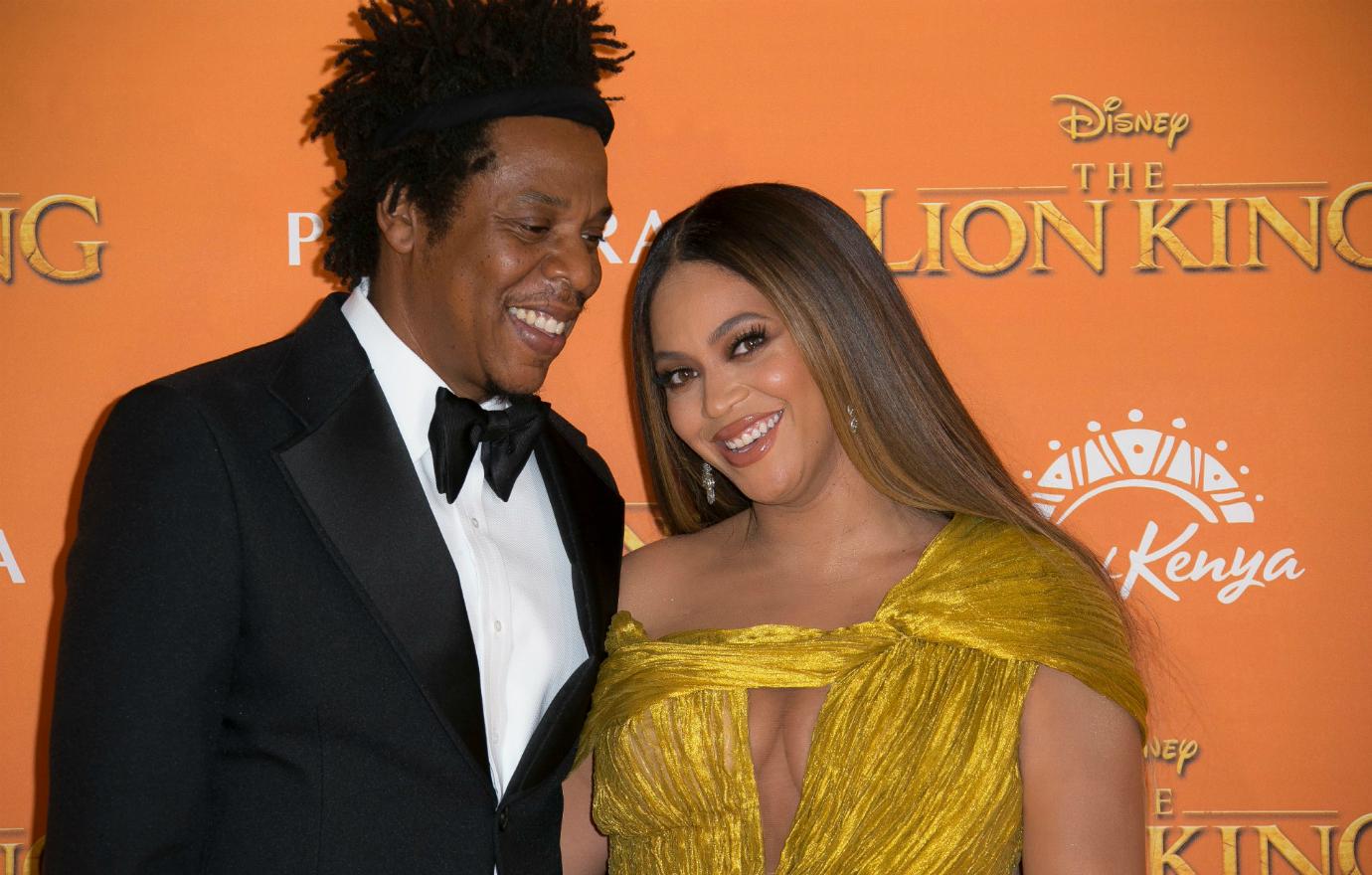
Millions of fans around the world admire Beyoncé for being a strong, confident, sexy and talented singer and businesswoman. But anyone can struggle with mental illness and that includes Queen Bey.
Beyoncé experienced a bout with depression when she was 19, after Destiny's Child broke up in 2006. "I didn't eat. I stayed in my room. I was in a really bad place in life, going through that lonely period: 'Who am I? Who are my friends?' My life changed," said.
Beyoncé later said her mother persistently encouraged her to deal with her mental health, and she credits her mother as her inspiration for getting better. She ended up taking a "gap year" from performing to travel and experience cultures she wouldn't have otherwise been able to.
Kerry Washington
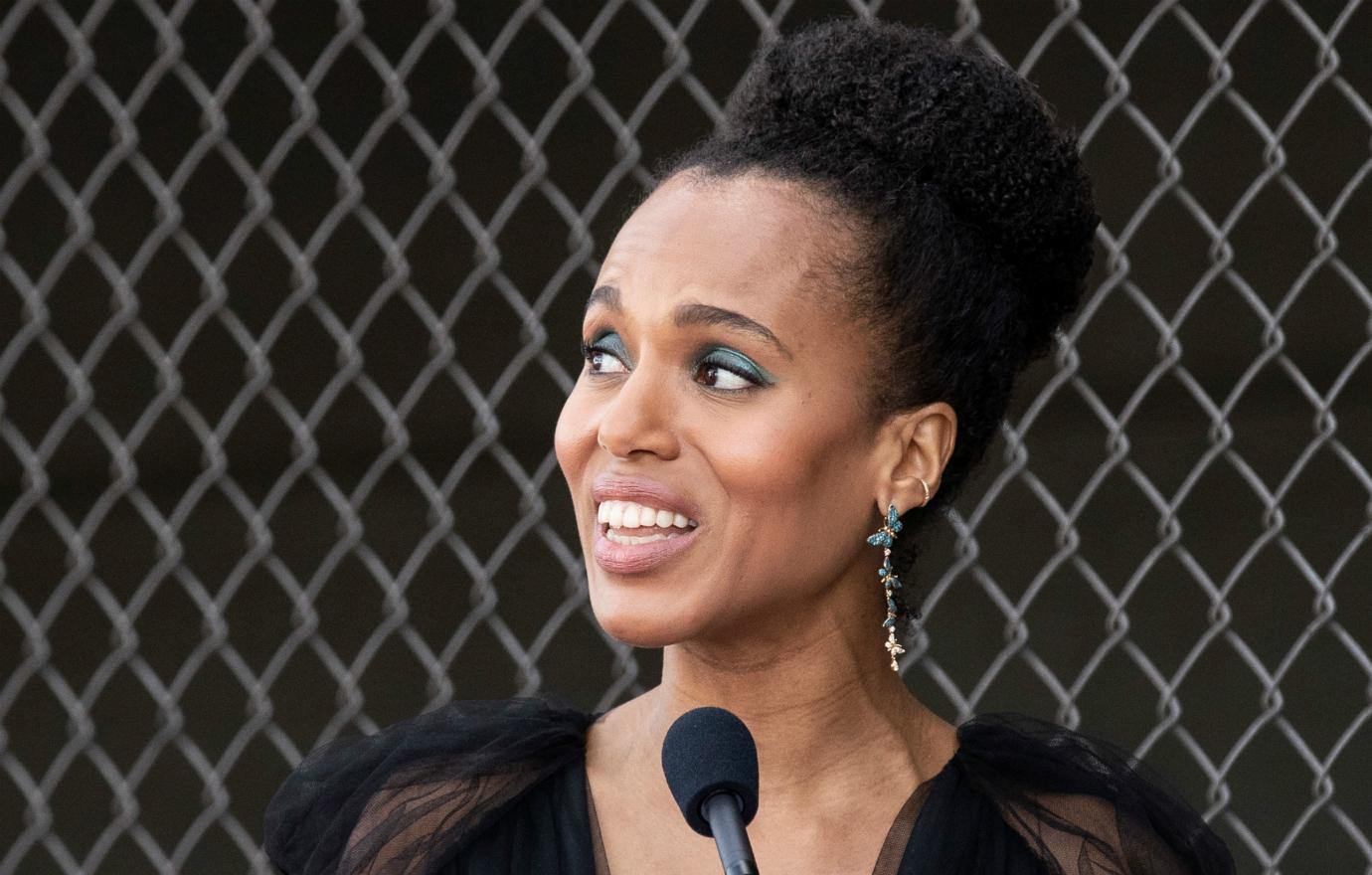
Depression can be difficult for anyone to experience, but the realities of fame and celebrity can make depression and other mental health issues much worse. That's what happened to Kerry Washington. As Washington was rising to fame for her performance as Della Bea Robinson in the 2004 Ray Charles biopic, Ray, she also realized she was losing her anonymity. And while dealing with that major lifestyle adjustment, Washington's mother was diagnosed with breast cancer. Soon, as Washington told Essence, she was sinking into depression.
Washington had also struggled with other mental health issues in the past. She studied ballet in college, and with the rigors of a ballerina lifestyle, she “used food as a way to cope," she said. "I'd eat anything and everything, sometimes until I passed out.” Washington described a cycle of compulsive overeating followed by hours in the gym to undo it. Her dance teacher encouraged her to get therapy, which she continued into adulthood and helped her cope with her depression.
Since then, Washington has used her platform to encourage others with mental health struggles to seek help. "I think it's really important to take the stigma away from mental health," she told Glamour. I go to the dentist. So why wouldn't I go to a shrink?"
Lady Gaga
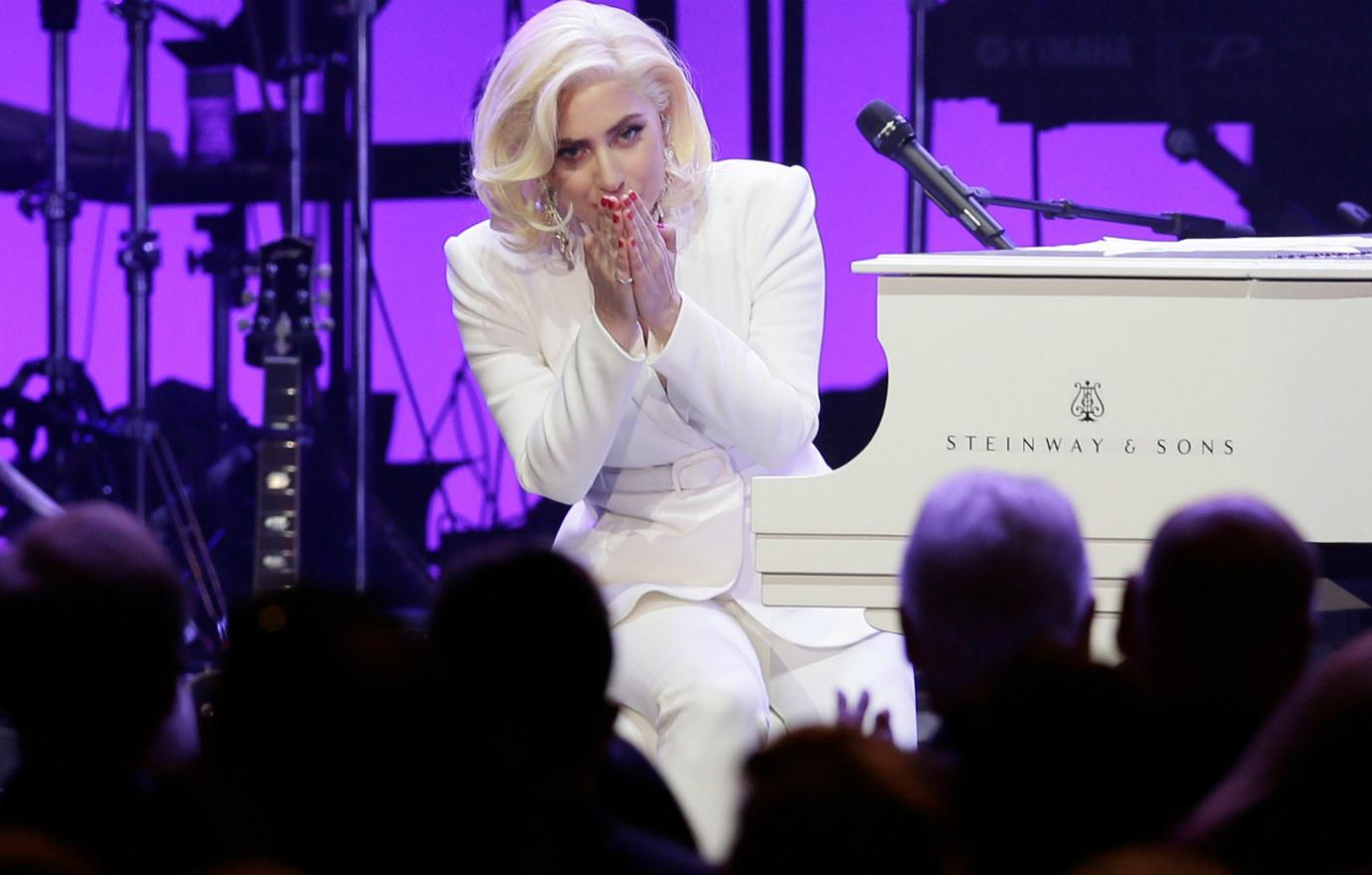
Lady Gaga has struggled with depression for most of her life. According to her mother, Cynthia Germanotta, Gaga first started showing signs of depression as a young teen. “In middle school, because she was unique, she started experiencing a lot of struggles,” Germanotta said on The Today Show's "Through Mom's Eyes" webseries. “You know, feeling isolated from events. Humiliated. Taunted. And she would start to question herself and become doubtful of her own abilities. And that’s when she developed depression.”
Depression has affected Gaga at various points in her career. When her career suddenly took off, she says she felt "traumatized." After the release of her 2013 album Artpop, she says she felt "exhausted, like I was dying." Now, Gaga says she treats her illness with anti-depressants, and she believes in the importance of discussing it publicly. “I openly admit to having battled depression and anxiety and I think a lot of people do. I think it’s better when we all say: ‘Cheers!’ And ‘fess up to it," she said.
In 2011, Gaga and her mother started the Born This Way Foundation, to support the mental and emotional health of young people.
Selena Gomez
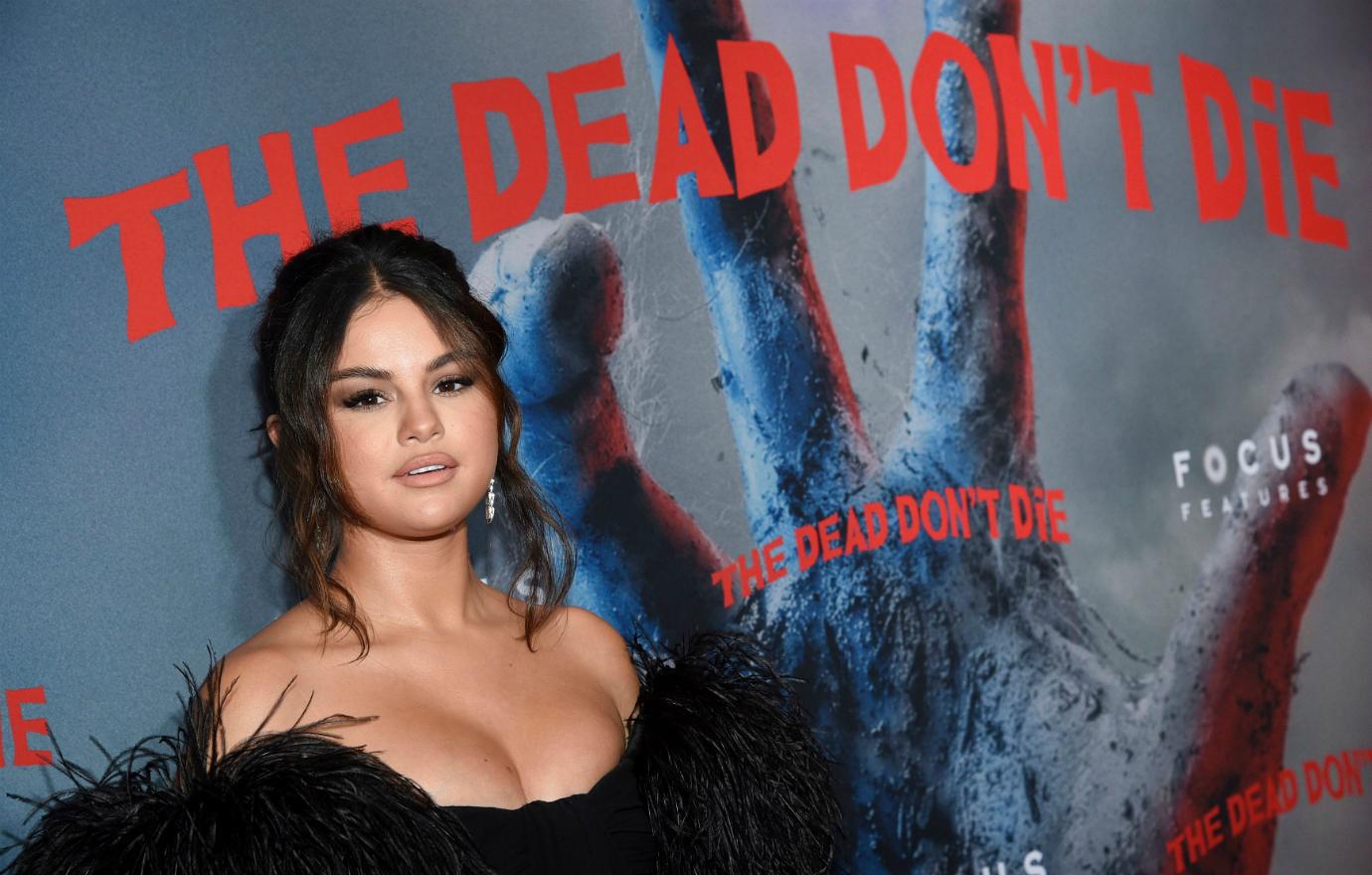

Selena Gomez has battled various health issues over the years, including mental health issues. In 2018, a year after receiving a kidney transplant caused by lupus, Gomez sought treatment for both depression and anxiety. “My highs were really high, and my lows would take me out for weeks at a time,” Gomez told The Wall Street Journal in 2020.
Social media use has been linked to depression, which was another problem for Gomez, a.k.a. the most followed person on Instagram in 2017. Gomez has taken frequent breaks from social media as a method of self-care. In addition to social media hiatuses, Gomez has relied on medication, therapy and stays in treatment centers to alleviate her depression.
Cara Delevingne

In 2015, British model and actress Cara Delevingne opened up about her battles with depression and anxiety. For the Carnival Row star, depression first set in during her teenage years. In an interview with Net-a-Porter magazine, Delevingne said that struggles in the classroom caused Delevingne to have feelings of self-hatred, and being a late-bloomer caused her to feel isolated and lonely. As Delevingne described her depression, "I felt alienated and alone, because I was like, what's wrong with me? I always wanted people to love me, so I never got angry with them; I turned my anger onto myself."
Delevingne told Vogue that, by age 15, “All of a sudden I was hit with a massive wave of depression and anxiety and self-hatred, where the feelings were so painful that I would slam my head against a tree to try to knock myself out. I never cut, but I’d scratch myself to the point of bleeding. I just wanted to dematerialize and have someone sweep me away.”
Her struggles with depression and anxiety continued as she broke into modeling and then music and acting. At one point she even contemplated suicide, she told Vogue.
While she has confirmed taking medication for her depression in the past, Delevingne also finds solace in doing manual labor, like chopping wood and building cabinets. Additionally, she channeled her experiences with mental health into writing about her teenaged characters in her debut novel, Mirror, Mirror.
J.K. Rowling
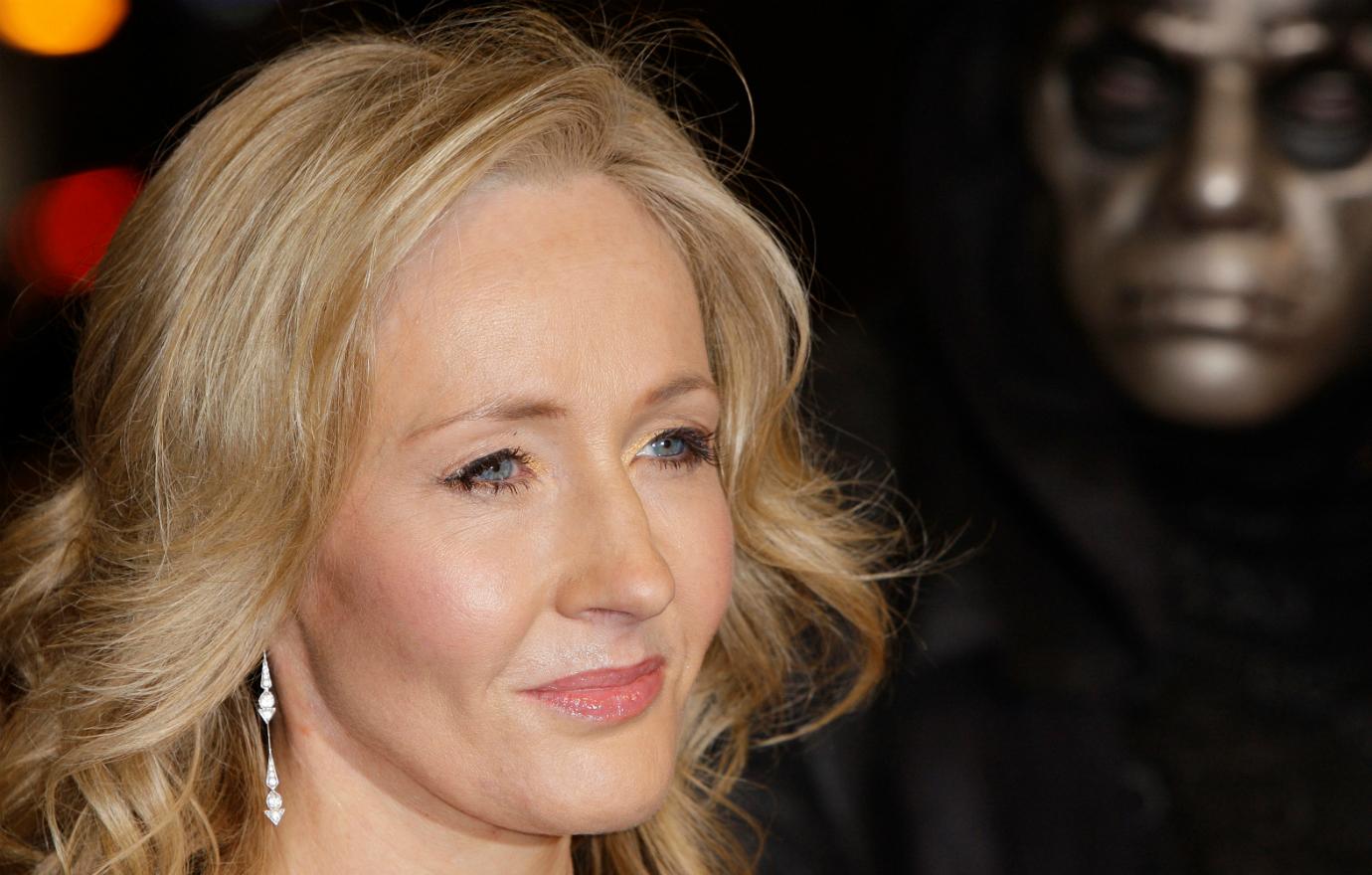
Not everything in author J.K. Rowling’s life has been magical — indeed, far from it. The billionaire author has struggled with depression for most of her life, but it became particularly severe when she was a struggling author in her 20s, as well as a newly single mother. "I had a very, very tiny baby, and then I went straight into poverty and depression," she told Oprah.
According to Rowling, her daughter Jessica was what motivated her to get help. "She was something that earthed me, grounded me, and I thought, this isn't right, this can't be right, she cannot grow up with me in this state," she said. On the advice of her doctor, Rowling started cognitive behavioral therapy, which helped.
Like many artists who struggle with depression, Rowling's mental illness inspired her while writing Harry Potter, specifically inspiring the Dementors — evil creatures who feed off of human happiness. "It's so difficult to describe depression to someone who's never been there, because it's not sadness," she said. "I know sadness. Sadness is to cry and to feel. But it's that cold absence of feeling — that really hollowed-out feeling. That's what Dementors are."

